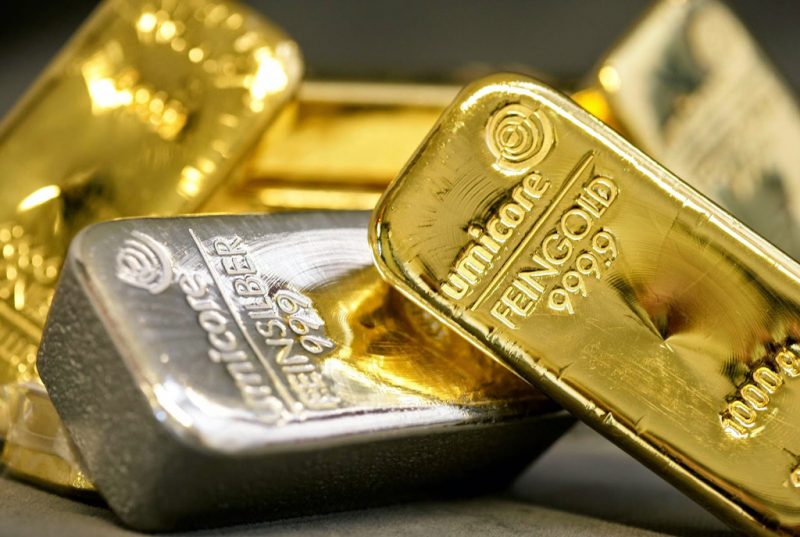
Gold – A “Bridge Over Troubled Water”
AlexJones
- 0
- 727
Back in 1969, when Simon & Garfunkel τιμη ασημι“Bridge over Troubled Water” the duo had a gut feeling that this song was going to make a very big splash. And they were right, as their recording went on to become a number-one hit (staying atop the charts for six weeks) – while being covered by literally dozens of other singers.
Like Simon & Garfunkel, investors entering the gold market around 2001 have also scored a smash hit. Since then – quite simply – gold has performed in spectacular fashion. Even in 2008, when fears of a global financial meltdown drove virtually every asset class into the ground, gold alone held its relative value, actually rising that year by almost 5%.
And the best news? It’s an odd’s on favorite that we are still early in what could prove to be an epic precious metals’ bull run. Says Doug Casey, who wrote one of the top selling investment books of all time: “The easy money in precious metals and the mining stocks has been made, but the big money lies ahead.” With so many other investments looking questionable and the world economic situation still unclear, this “metal of kings” can provide the savvy investor with a bridge over troubled water. For peace of mind, look at gold (and silver) as providing insurance first; profit second. Why is the Case for Gold so Compelling?
Central Banks have Become Net Buyers
Between 1999 and 2002, England’s central bank sold two-thirds of its gold reserves at almost the exact bottom of what turned out to be the end of a 20 year bear market. The official who squandered this portion of his country’s monetary legacy was later to become Great Britain’s Prime Minister – and lend his name to what is known in financial circles as “The Brown Bottom.” A few years later, Canada (also unwisely) followed suit, getting rid of almost its entire reserve of gold.
But it now appears that central bank thinking has changed. For the first time in over 22 years, they have actually become net buyers – led in the fall of 2009 by India’s purchase of over 200 tons of gold. Most of these officials are once again concluding that the yellow metal’s strong financial performance makes it a useful counter-weight to the swings of the U.S. dollar, which has been steadily losing value for a number of years. While gold is no longer the foundation of the international financial system, it is still considered by central banks to be a crucial reserve asset. Rumors are abuzz that China, as well as a number of wealthy Middle Eastern nations have been quietly scooping up what little gold the International Monetary Fund (IMF) has been offering for sale.

